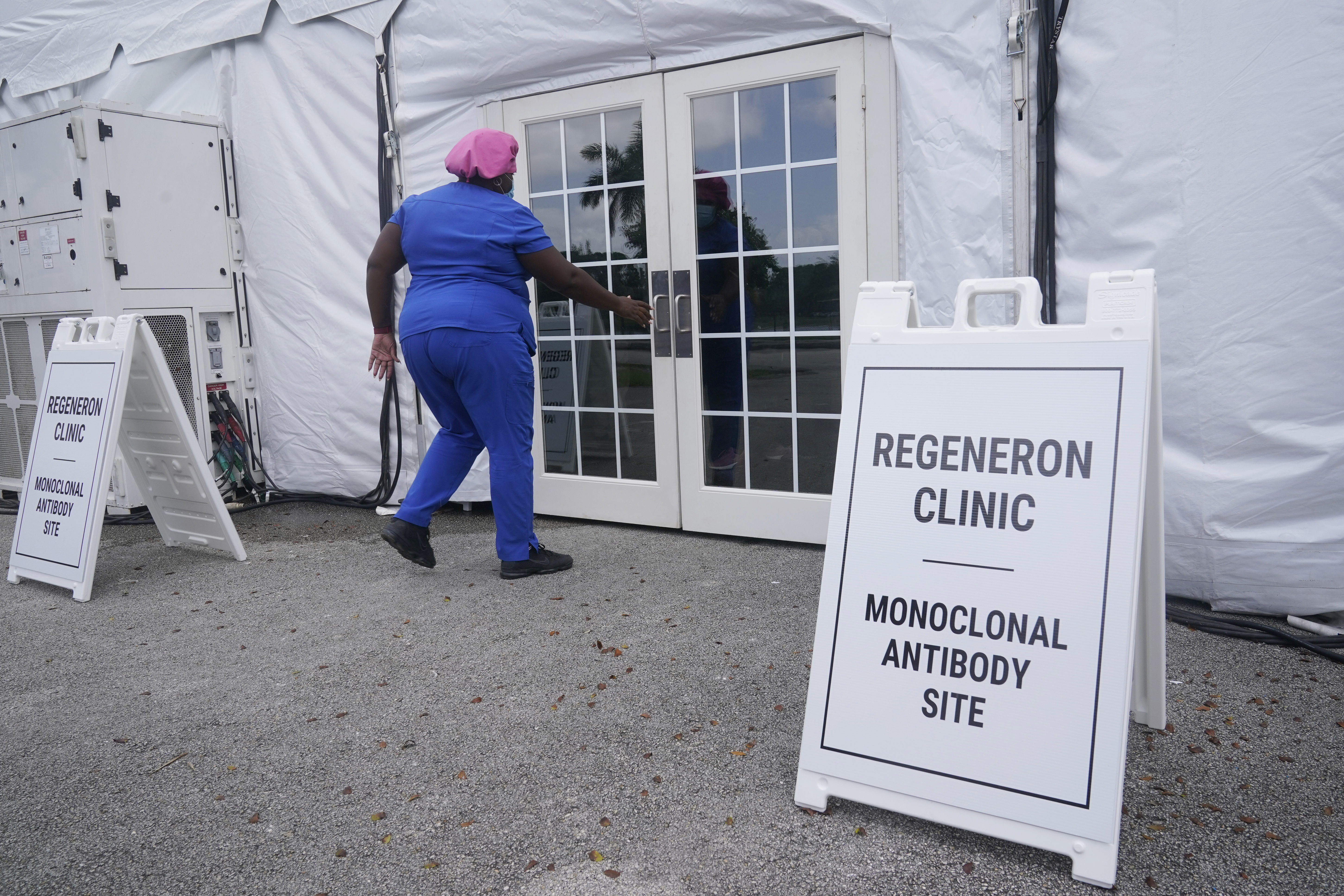TAMPA (WFLA) – Thousands of pregnant women across Tampa Bay are concerned about the spread of coronavirus at an especially sensitive time in their lives.
Emma Yepsen Pardo is a healthy 32-year-old pregnant woman with her first child, a girl. She is concerned about the spread of coronavirus, but is keeping her spirits up and trying not to get anxious.
“I’m surrounded by hand sanitizer and Lysol,” Pardo said with a laugh, adding that she tries to stay at home as much as possible. “I’m making my husband Juan run all the errands, so that’s a bonus.”
Pardo said she’s asked her doctor about the impact of COVID-19 on pregnant women, fetuses in utero and even newborn children, but the data is lacking.
“We don’t know what we don’t know,” Pardo said. “That’s the scariest part.”
Dr. Mary Ashley Cain, an obstetrician/gynecologist with USF Health who practices at Tampa General Hospital, said while data is limited on COVID-19 and pregnancy, other illnesses tell us women’s bodies may not handle the infection as well as other adults.
“We do know that pregnancy decreases your ability to fight off infections in some ways,” Dr. Cain said. “We’ve seen higher risks of worse outcomes in patients that are pregnant with illnesses like the flu and SARS.”
WHAT TO KNOW:
- Florida is reporting 85,926 cases and 3,061 deaths
- Florida in Phase Two of reopening
- Cases have spiked in past week, Gov. DeSantis says due to increased testing
Additionally, pregnant women may be at higher risk of catching the disease simply because they are in and out of doctors’ offices and hospitals so much during their pregnancies.
“They know need to interact with the health care system, they have to plan for a delivery, so they have a lot more going on in their head that may be more concerning to them,” said Dr. Cain.
That last piece could pose its own risk, Dr. Cain said. Pregnancy can increase anxiety, and that kind of stress can be detrimental to pregnancy.
Once the baby is born, the precautions don’t stop.
“Parents of newborns are probably the most familiar with social distancing,” Dr. Cain said. “Asking people not to hold the baby or come into their home unnecessarily. In this setting, that’s even more heightened.”
Families with small children who bring a newborn into the home should be careful not to have them get too close to the baby or swap any bodily fluids.
“I used to always tell my kids to kiss the baby’s feet,” Dr. Cain said.
As COVID-19 has spread, some hospitals have eliminated visitors–which includes dads in the delivery room. Tampa General Hospital is allowing one visitor, but there’s no switching out–either dad or the pregnant woman’s mother can come into the room, but not both, even if only one of them is in the room at one time.
Dr. Cain said pregnant mothers should ask their OB/GYN about policies at the hospital where they plan to give birth.
“Particularly how the hospital is separating its OB unit from any unit that is taking care of patients with COVID-19,” Dr. Cain said. “Just so they feel reassured.”
If mothers should develop symptoms that are associated with COVID-19 infection, they should contact their obstetrician immediately.
“To find out whether they meet the criteria for testing, and also to find the best place to go for testing,” Dr. Cain said. “Generally, we’re trying to keep people out of the emergency room setting who don’t need to be there to prevent them from being exposed to patients.”
Dr. Cain said she would recommend separation from the newborn is if the mother tests positive for COVID-19, as well as extra measures to clean and sterilize that mother’s breast pump equipment.
Pardo is hunkering down but keeping her spirits up during this time, anxiously awaiting her new arrival in August.
“Hopefully, people are starting to get the hang of it that it’s smarter to stay inside and just get this over with,” Pardo said. “The sooner we can all be on the same page, the sooner we can get back to normal.”
LATEST ON THE CORONAVIRUS PANDEMIC:
- Omicron, storms, disrupt air travel for 4th consecutive day
- Loss of smell from COVID most likely means you’ve got a mild case, study finds
- Federal program offers cash to cover COVID-19 funeral costs
- COVID infections should no longer be ‘major metric’ of pandemic, health expert says
- Christmas COVID infections overwhelming Tampa testing sites





